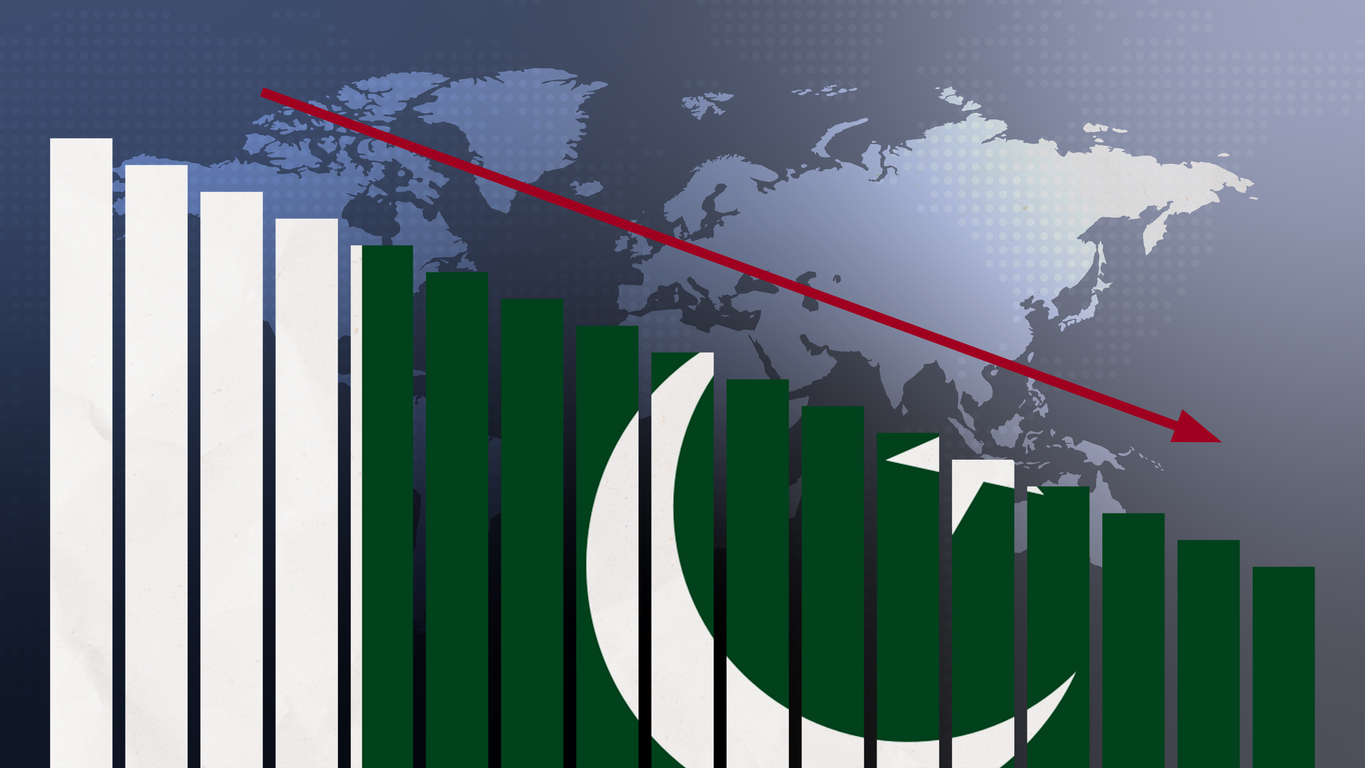
The May 2024 “Monthly Economic Update and Outlook” report from the Finance Ministry’s Economic Advisor wing highlights emerging signs of economic stability in Pakistan. The report points to positive developments in key sectors, suggesting that the economy is poised to gain momentum in the coming months. Notably, GDP growth is on an upward trajectory, while inflation rates are decreasing, showcasing the effectiveness of recent fiscal consolidation measures.
The positive economic indicators can be attributed to prudent economic policies, which have received praise from global financial institutions. Much of the credit goes to the professional management of the economy by the government’s economic team, led by Finance Minister Muhammad Ismail. His prompt and strategic decisions, such as the timely negotiations with the IMF for a new bailout package, have been instrumental in boosting business confidence and investor morale. This confidence is reflected in the record-breaking performance of the Pakistan Stock Exchange, signaling an optimistic economic outlook.
Analysts believe that a combination of factors, including political stability, positive economic policies, and potential investments from Saudi Arabia and other Gulf states, is driving this upward trend. The economic performance also underscores the significant contribution of the agriculture sector, which registered a growth of 6.25% this fiscal year. Government initiatives aimed at improving input supply and increasing credit disbursement to farmers have played a crucial role in this recovery. These policies have encouraged farmers to increase production, leading to a decline in the prices of agricultural commodities and a subsequent positive impact on overall inflation.
Despite these positive developments, there are concerns regarding the agriculture policy at both federal and provincial levels. This is evident from the recent protests by farmers over falling wheat prices and the government’s inadequate intervention. While the Consumer Price Index (CPI) inflation stood at 17.3% year-on-year in April 2024, down from 36.4% in April 2023, the major contributors to inflation included housing, water, electricity, gas, fuel, perishable food items, furnishings, household equipment maintenance, clothing, footwear, and transport. Although the reduction in the prices of petroleum products and exchange rate stability contributed to the decline in inflation, there are indications that the government might increase electricity and gas tariffs, which could negate this relief for the general public.
A clearer picture of the economic outlook will emerge when the government announces its budget for the next financial year, followed by the anticipated IMF deal for a new package. On the fiscal front, from July to March FY24, revenue growth outpaced expenditure growth. Both tax and non-tax revenues saw significant increases of 29.3% and 90.7%, respectively. The Federal Board of Revenue (FBR), often criticized, has played a crucial role in this steady growth in revenue collection. The FBR is expected to be assigned a revenue collection target of Rs. 12.5 trillion for the next financial year. Efforts to block the SIM cards of non-filers have started to yield results, with over seven thousand SIMs being unblocked after taxes were paid.
However, the lack of cooperation from the business community in efforts to document the economy and realize the country’s optimum tax potential remains a serious concern. Honest taxpayers are increasingly demanding that authorities adopt a zero-tolerance approach towards tax evaders and bring them into the tax net.
Foreign Direct Investment (FDI) showed a promising growth of 39.1% in April, while remittances increased by 27.9% to $2.8 billion. This trend is likely to continue, thanks to the aggressive campaign by the Special Investment Facilitation Council (SIFC) to attract foreign investment across various sectors and a continuous increase in the number of Pakistanis working abroad.
While the government’s efforts to stabilize the economy and promote growth are commendable, it is essential to ensure that the benefits of this economic improvement reach all segments of society. Currently, the relief appears to be primarily benefiting industrialists and traders. For sustainable and inclusive economic growth, the government must focus on the trickle-down effect, ensuring that the positive impacts of economic stability extend to the broader population.
The government should implement policies that directly address the needs of the lower and middle-income groups. This includes improving social safety nets, investing in education and healthcare, and creating job opportunities. Additionally, addressing the challenges in the agriculture sector, which employs a significant portion of the population, should be a priority. Effective intervention in agricultural markets and support for farmers can help stabilize prices and ensure food security.
In conclusion, while the signs of economic stability in Pakistan are encouraging, it is crucial for the government to adopt a holistic approach that ensures equitable growth. By focusing on inclusive policies and addressing the needs of all citizens, Pakistan can build a resilient economy that benefits everyone. The international community and global financial institutions have recognized the positive steps taken so far, and continued commitment to these principles will further enhance Pakistan’s economic prospects.
